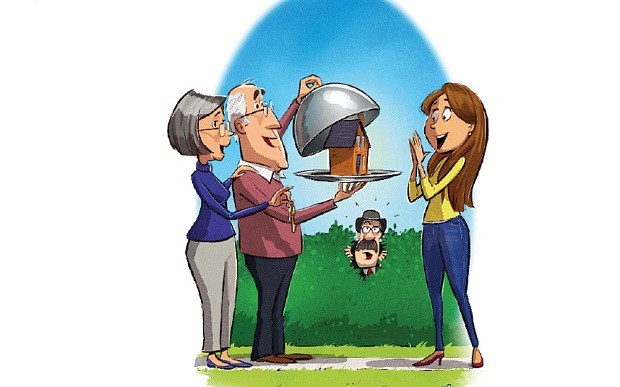How tax on share gains reduces your returns
Post on: 16 Март, 2015 No Comment

M any Monevator readers strive to shave tenths of a percent off the running costs of their portfolios – as they should.
But the impact of paying tax on share gains or dividends can dwarf such noble cost curbing.
Thats why I bang on about avoiding tax more than might appear seemly.
If youre paying tax on profits from share trades or on your dividend income, youre probably throwing away money.
For some investors, paying tax is inevitable – perhaps because theyre rich enough to have lots of money invested outside of tax shelters, but maybe not rich enough to know (or be told) how to manage it.
Most of us though can postpone, reduce, or avoid paying tax by using ISAs and pensions as soon as we start investing, and by judiciously managing any unprotected capital gains and losses every year.
We can also become knowledgeable about tax on dividends. and hold our different assets accordingly.
Even if you cant escape paying some tax on your investments, there can be a big advantage in delaying it, as Ill show in a future article.
But how big a deal is paying tax on investments, really?
How tax reduces your returns
Lets consider two investors, Canny Christine and Flamboyant Freddie.
(Sorry if you find these names cloying. Its a requirement of the financial writing union to pick names like this when discussing 20-year returns.)
Lets assume both of them inherit £10,000 each. Not to be sneezed at, certainly – though Freddie wouldn’t be against shoving a crisp £10 of it up his nose in certain circumstances – but nothing thats going to see HMRC unleash a plainclothes officer and a tax evasion detector van.
When it comes to tax, Flamboyant Freddie cant be bothered to know. He thinks ISAs and pensions are for people who buy Tupperware in bulk from mail order catalogues. So he regularly trades his shares in a vanilla broking account, and boasts about his winning picks to friends who put up with him because hes always good for a pint.
Freddie is my kind of pal, but hes not my kind of investor.
Enter Canny Christine. Christine uses ISAs from day one. She can put her whole £10,000 into a share ISA right away, meaning her investment is entirely protected from tax forever more. So she does so.
What happens to their respective loot after 20 years?
Everyones tax situation is different. The rate of tax on dividend income and on capital gains depends on what you earn, so theres no point me doing specific calculations. Tax rates have changed multiple times in the past 20 years, too.
So lets simply assume:
- Our two heroes both make 10% a year returns.
- Freddie pays tax on his returns at a rate of 25% every year.
- Canny Christine has no tax to pay.
Heres how their money compounds over 20 years:














